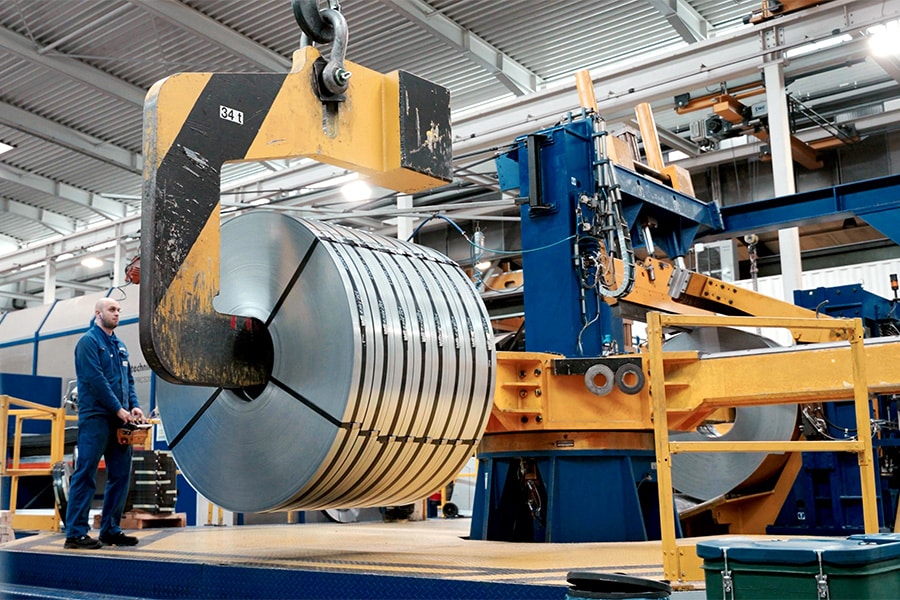
Importance of digitization for manufacturing company of the future
So what the corona crisis teaches us is that now is the time to get on with digitizing business processes. To respond better to the current situation, but also to emerge stronger from the crisis. Everyone sees that there are great opportunities here. But why is digitization so important for the manufacturing company of the future? Trivest Software Group explains where the added value lies for metalworkers.
While the current situation is an additional trigger for digitization, this trend has been an important development within the manufacturing industry for some time. Digitization means applying new digital technologies within business processes to change a business model and provide new revenue and value-producing opportunities. In the coming years, the manufacturing industry faces a huge digitization challenge. But why is digitization so important?
Clear understanding of customer demand
It is a common fact that customers are becoming increasingly demanding: more unique designs, better lead times, as cheap as possible and preferably delivered as quickly as possible. To continue to serve this customer as well as possible and to be one step ahead of the competition, a flexible production process is crucial. Customer demand is increasingly leading the way. Manufacturing companies that collect as much data as possible about the end customer have clearer and faster insight into customer demand. How do you realize clear insight into customer demand? This is where developments within digitalization come in.

Internet of Things
The term "Internet of Things" includes connecting devices that share information among themselves and developing new applications on them. By connecting devices you are able to collect and distribute information about the device, the use of the device and the user. When these devices communicate, a lot of data is generated. The more data this releases, the faster you lose track. And what do you do with data if you can't make the connections and draw the right conclusions? This is where ERP software can support you well. After all, an ERP system is strong in the structured storage of all this data, which creates an overview. Trivest Software Group's solutions are therefore designed to be the backbone of production.
Smart Customization
Smart Customization is a particular way of organizing, in which the management and capture of proprietary product, operational realization processes and automated support are closely aligned. It enables you as a company to realize specific customer requirements with minimal effort. The tension between time, quality and costs is reduced considerably. In practice, this means that manufacturing companies decompose their products into fixed building blocks. With these building blocks, they can then assemble all products according to the customer's wishes. This principle is also called Configure-to-Order (CTO). This trend cannot happen without supporting automation. The functionalities of various software solutions such as a product configurator, CAD or PDM are indispensable in modular working.
To work with this as efficiently as possible, an ERP system is a plus. This is because ERP software is able to cover all business processes and link different ICT islands together. The Ridder iQ package makes the difference like no other.

Hyper-automation
Hyper-automation takes task automation to the next level. This involves applying artificial intelligence and machine learning to automate business processes. A manufacturing company has several processes. The application of hyper-automation creates a digital twin of the organization. With this, companies are able to get a good picture of how functions and processes work together to increase the company's economic added value. Economic added value is the value the company contributes to a product or service.
Getting your manufacturing company ready for the future?
At Trivest Software Group, we like to think with you about how you can get your manufacturing company ready for the future. That is why we have written a short handbook in which we would like to give you some tips on what to think about. Do you have any questions? Our specialists are ready for you.



